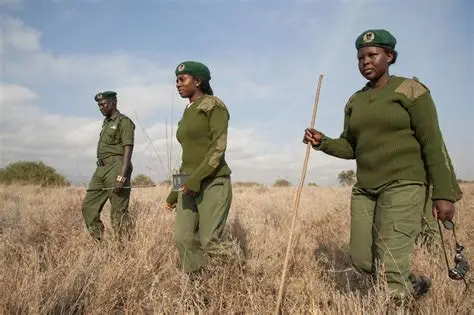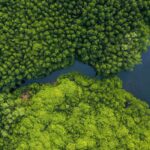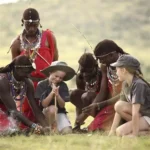Female Rangers of Kenya: Women Protecting the Savannah
In the vast Savannah of Kenya, a growing number of women are stepping into a role traditionally dominated by men wildlife rangers. These female rangers of Kenya are at the forefront of protecting endangered species, conserving habitats, and keeping the balance of nature intact.
Breaking Barriers
Historically, wildlife conservation in Kenya was a male-dominated field. However, more women are joining ranger teams, proving that dedication, skill, and courage are not limited by gender. These women face unique challenges, from navigating rough terrain to earning respect in a physically demanding job. Yet, they continue to break barriers every day.
Protecting Wildlife
Female rangers patrol national parks and reserves, monitor animal populations, and prevent poaching. In addition, they often engage with local communities to promote wildlife protection and educate the next generation. Their presence helps create safer environments for elephants, lions, rhinos, and other vulnerable species.
Empowering Communities
Beyond wildlife protection, female rangers of Kenya serve as role models in their communities. They inspire young girls to pursue careers in conservation, science, and leadership. Moreover, their work strengthens community involvement in environmental stewardship, proving that conservation benefits everyone.
Challenges and Triumphs
The job is not easy. Rangers endure long hours, harsh weather, and the constant threat of encountering poachers. Nevertheless, their determination ensures the Savannah thrives. Every patrol, rescue, and educational outreach contributes to a future where Kenya’s wildlife can flourish.
Celebrating Women in Conservation
Female rangers of Kenya are more than protectors of the Savannah they are pioneers and change makers. Their courage, resilience, and dedication exemplify the powerful impact women can have in preserving our natural world.


